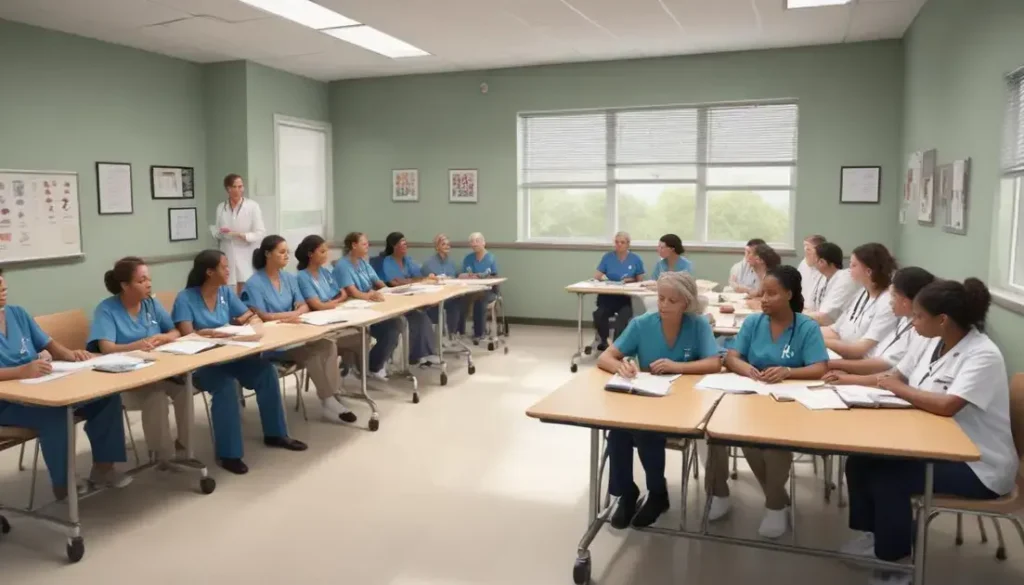Read: 7 minutes Looking to gain a competitive edge in healthcare? Our deep dive into free online courses in end-of-life care reveals how professionals, entrepreneurs, and innovators can drive impact, build expertise, and reposition themselves in a market hungry for specialized knowledge. In just minutes, discover where opportunity meets purpose—and how it can boost your value proposition.
Why Free Courses Matter Now
Free online end-of-life care courses have become a crucial resource amid healthcare labor shortages and rising demand for compassionate care. Platforms like Coursera, FutureLearn, and OpenWHO provide accessible upskilling for both clinicians and non-clinical staff.
- Cost reduction for organizations and individuals.
- Rapid dissemination of best practices during public health crises.
- Enhanced inclusivity—breaking barriers to knowledge in underserved areas.
In practice, this expands the healthcare talent pipeline and accelerates onboarding—essential for organizations eager to secure market share. How is your team leveraging these resources for sustained growth?
Key Drivers: Market And Demographics
Demographic shifts and market forces are turning end-of-life care into a strategic frontier. The aging U.S. population, increased chronic illness, and greater patient advocacy intensify the need for skilled professionals.
- Baby boomers require advanced, tailored care.
- Regulatory pressures demand certified expertise in palliative and end-of-life care.
- Public scrutiny and tech innovation raise expectations for care quality and transparency.
The takeaway? Investing in targeted training means staying ahead of regulation and strengthening your value proposition. Has your business mapped these needs into talent strategy?
Content Trends Shaping Courses
Modern online courses emphasize real-world scenarios—communication with families, ethical dilemmas, and personalized patient care. Emerging standards now include digital literacy, telehealth engagement, and cultural sensitivity.
- Simulation modules to sharpen critical decision-making.
- On-demand microlearning for on-the-go professionals.
- Peer-reviewed content aligned with national certifying bodies.
- Modules on grief management and caregiver well-being.
For leaders, the implication is clear: robust content elevates staff competencies and strengthens risk management. Is your training mix aligned with these innovations?
Regulatory Momentum And Standards
Certification and compliance are non-negotiable in end-of-life care. Free courses now increasingly offer digital badges and certificates recognized by major health providers and regulators.
- Alignment with Medicare, Medicaid, and state-level mandates.
- Support for continuing education units (CEUs).
- Documentation to streamline audits and compliance checks.
Practically, this minimizes exposure to legal risk and builds a culture of proactive compliance—a serious competitive advantage. Are your learning programs audit-ready?
Technology: The Innovation Edge
Digital transformation is rewriting the rules in healthcare education. Mobile-first platforms, interactive content, and AI-based personalization deliver training at the point of need, reducing disruptions in fast-paced care environments.
- Virtual role-play for complex scenarios.
- Real-time analytics for personalized learning journeys.
- Integration with HR management and credentialing systems.
In market terms: integrating these tools can slash onboarding costs and shorten productivity ramps. Could technology-fueled training be your next leap in operational efficiency?
